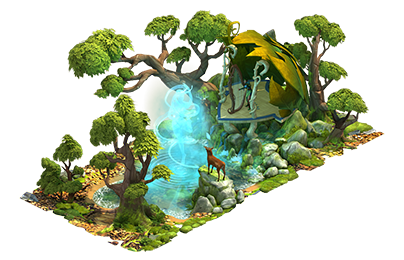I guess this is a good a place as any.
@SoggyShorts @Ashrem the Monty Hall problem is not fully satisfied for me. I have reviewed all the math and I think I understand where the disconnect is.
I will present for you the alternate offer. You have 1433 doors. You pick X. Monty displays goats in 1431 doors.
To proceed further you must pick. Do you pick door X or door Y?
As you should see the situation is a 50/50. The best way I can support this is to say, "the house always wins." Having a situation where a player can routinely have an advantage counters that aim: "the house always wins." If it was true that switching had a benefit then people would have caught on in the 30 or so years that the show, "Let's Make a Deal," was active and the consistent loss trend would have destroyed sponsorship. That didn't happen. There was no consistent loss trend.
The math results in a 50/50 split; leaving Monty to play a psychology game in those cases when the player picked the winning door first. The idea that the math supports having a 66% player win rate by 'switching' would be anathema to any financial supporter. Financial support of that show continued for many years, and the play of that show continued for many years.
Logically such an advantage could not exist for the players and the game continue.

 Dear forum visitor,
It looks as though you have not registered for a forum account, or are not signed in. In order to participate in current discussions or create new threads, you will need to register for a forum account by clicking on the link below.
Dear forum visitor,
It looks as though you have not registered for a forum account, or are not signed in. In order to participate in current discussions or create new threads, you will need to register for a forum account by clicking on the link below.